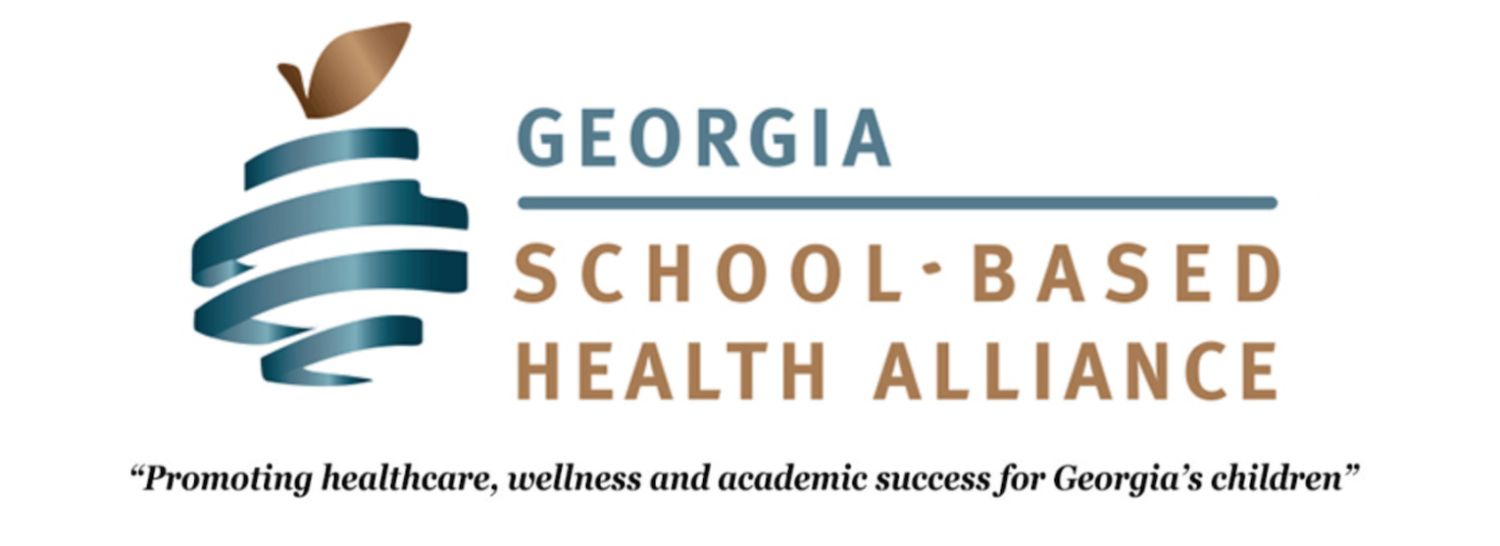Resources for Health Providers
In 2013 Benchmarks were developed to guide the management of asthma, obesity, and health maintenance in a school-based health center setting. The attached benchmarks were based on references from various sources (also found in this document).
SBHC Benchmarks
Community health providers can deliver primary health care to students, and sometimes families, through school-based health centers (SBHCs). This section is designed to help you understand how to bring your important medical, dental, and/or mental health services to under-served children, adolescents, and/or adults through an SBHC in your community!
There are many paths to developing or expanding clinical health services in schools: there is no one “right” way. We suggest that you begin by considering the following questions:
What health services can you bring to a school?
What kinds of clinical care do students need that the school/existing health provider doesn’t currently offer?
How can you build on your existing clinical services, staff expertise, and established partnerships to bring clinical care to one or more schools?
Key Start-Up Activities
Below, you will find a list of key planning activities that have helped many health care providers develop strong, sustainable school health programs. These start-up activities can happen in different orders, depending upon the school’s context and resources. You may also want to start by reviewing these Key Steps in Planning an SBHC. For detailed information and additional considerations, see the California School Health Centers Association’s From Vision to Reality: How to Build a School Health Center from the Ground Up toolkit.
Identify and build relationships with school district partners.
Engage youth, families, and community in assessing needs/resources and planning services.
Establish a mechanism for coordination of services between agencies, including MOUs.
Make a plan for building, purchasing, or renovating the necessary facilities.
Work with partners to find funding.
Get advice on establishing strong partner collaboration as well as information on the important role of school-based health center staff in maximizing the impact of the SBHC on student success in school.
If you want resources on how to apply for your community clinic to become a Federally Qualified Health Center (FQHC), please contact the National Association of Community Health Centers.
For Georgia SBHC information, resources, training, and TA, please contact The Georgia School-Based Health Alliance.
From the California School-Based Health Alliance website, Resources for Health Providers page
Resources for Health Providers
